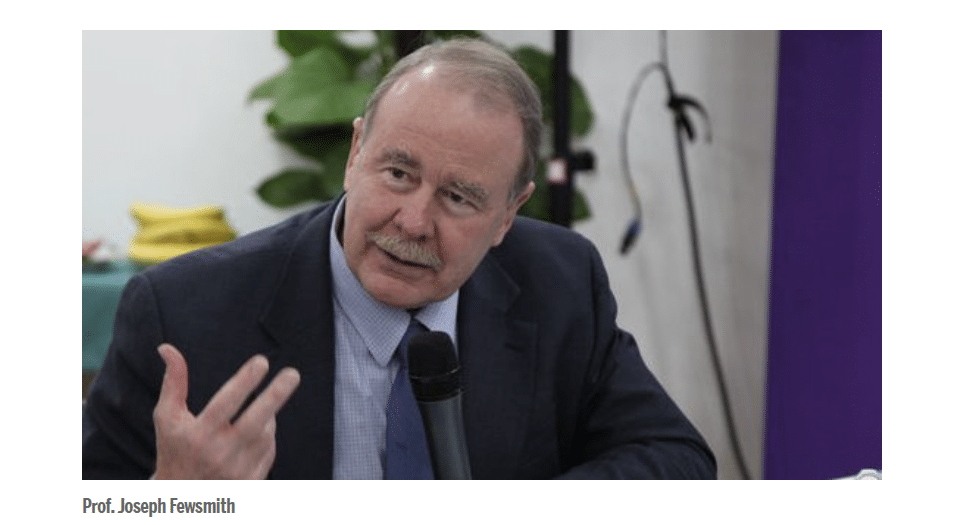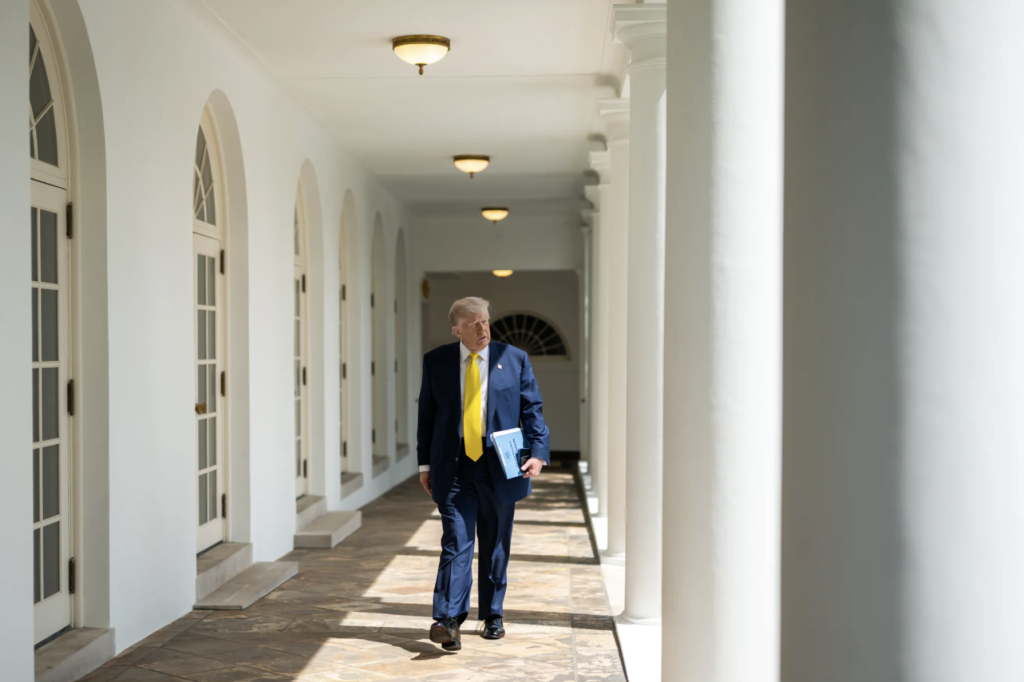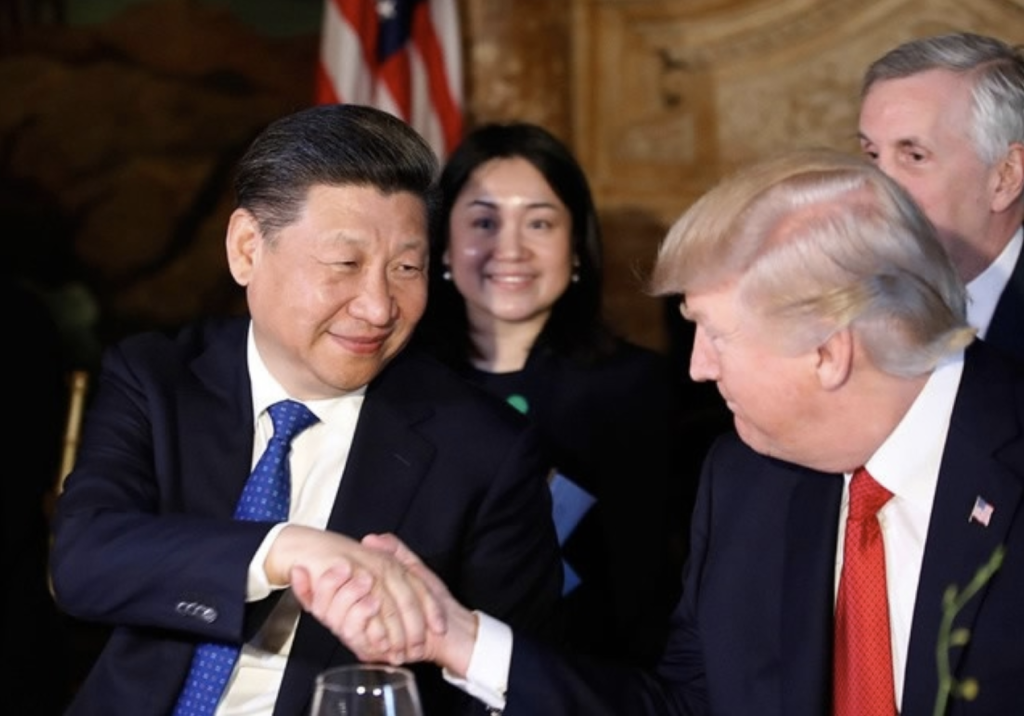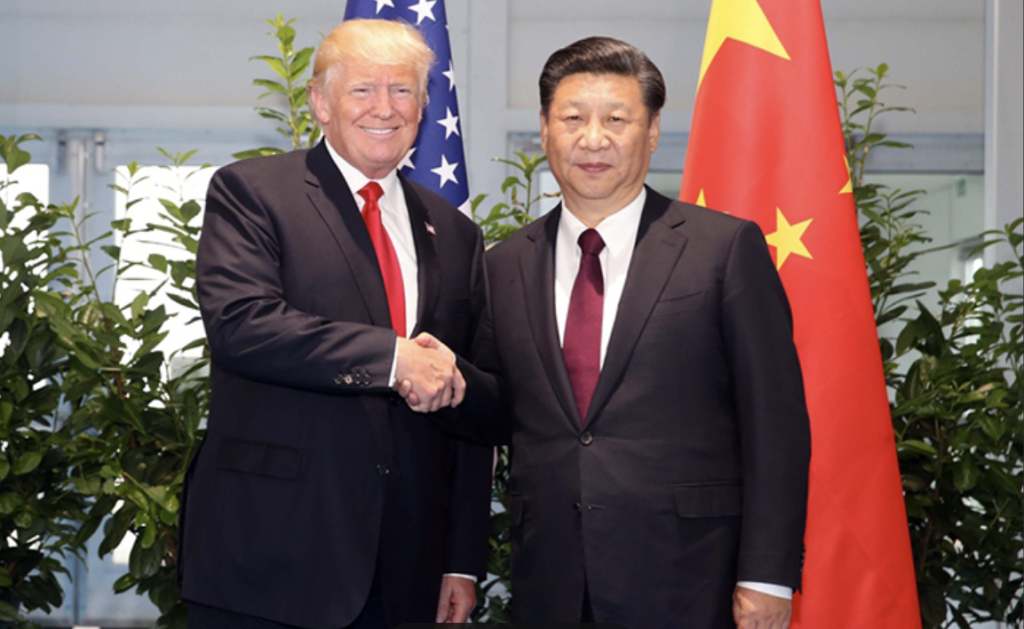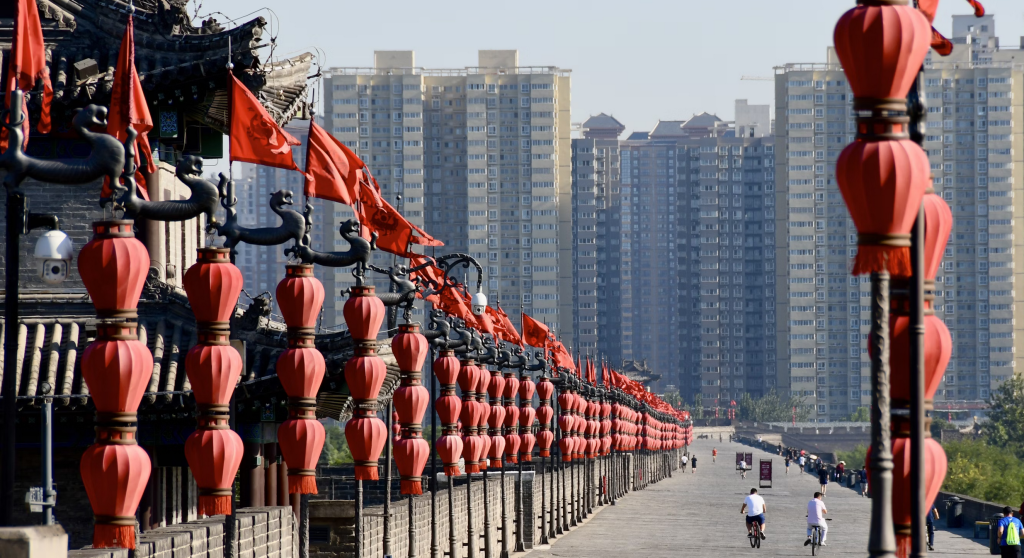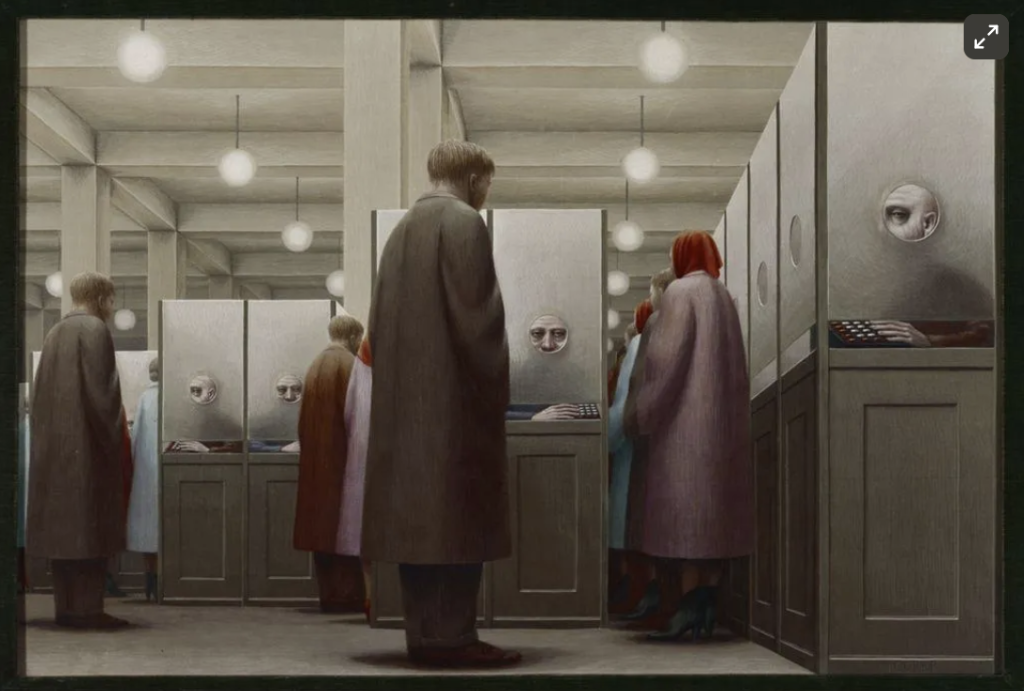In Call With Trump, Xi Says Taiwan Issue Extends Beyond China’s Internal Affairs
- Analysis
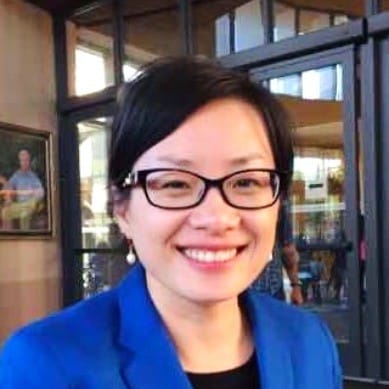 Juan Zhang
Juan Zhang- 11/25/2025
- 0

Chinese President Xi Jinping told U.S. President Donald Trump in a call Monday that Taiwan’s “return to China” is an essential part of the post–World War II international order, according to China’s Xinhua News Agency. This is a formulation Beijing rarely states so explicitly in public.
The call, which had not been previously announced, came less than a month after the two leaders met in Busan, South Korea. Although the call covered Ukraine, fentanyl and soybeans, Xinhua’s report indicated that Taiwan was the central focus.
The timing also drew attention. With China and Japan locked in their most serious diplomatic dispute in years, Xi appeared intent on securing a statement from Washington underscoring China’s position on Taiwan and signaling Beijing’s displeasure with recent comments by Japan’s prime minister.
In its article, Xinhua said Xi “elaborated on China’s principled position on the Taiwan question,” stressing that Taiwan’s return to China is a key component of the postwar international order. He added that China and the United States once fought “side by side against fascism and militarism,” saying both countries should safeguard the “hard-won outcomes” of World War II.
The reference to wartime cooperation was widely interpreted as a warning aimed at Japan, and a reminder not to repeat what Beijing sees as past historical errors.
According to a press release by China’s Foreign Ministry, Trump told Xi that “China played an important role in the victory of World War II” and that the United States “understands the importance of the Taiwan question to China.”
Trump later described the conversation as “a very good call” on Truth Social. He said Xi had invited him to visit Beijing in April — an offer he accepted — and that Xi would make a state visit to the United States later in the year. Both leaders agreed on the need for more frequent communication, Trump said.
For decades, China’s “one China” principle has centered on the assertions that Taiwan is part of China, that the Taiwan issue is an internal matter and that Beijing opposes Taiwan independence and foreign interference. Xi’s framing of Taiwan’s ‘return to China’ as part of the postwar order marks a shift that appears aimed at broadening international support and bolstering the legitimacy of eventual unification.
The call came as Beijing and Tokyo are locked in a spiraling diplomatic clash. Japanese Prime Minister Sanae Takaichi said earlier this month that “a contingency in Taiwan is a contingency for Japan,” suggesting Japan could respond militarily if China attacked Taiwan. The remarks sparked fierce public anger in China and an unusually sharp response from Beijing.
On Saturday, Chinese Foreign Minister Wang Yi said Japan had “crossed a red line that must not be crossed,” warning that countries “have the right to re-settle accounts” for Japan’s wartime crimes if Tokyo “continues to make mistakes” — language rarely used by senior Chinese officials since diplomatic normalization in 1972.
Following normalization, China had said it would forgo wartime reparations in the interest of bilateral friendship, though it has periodically criticized Japan’s handling of historical issues. Wang’s warning suggested Beijing may adopt tougher, more deterrence-focused rhetoric as tensions rise over Taiwan and regional security.
The Associated Press quoted Yun Sun, director of the China program at the Stimson Center in Washington, as saying that Beijing’s readout notably did not state the call was made “at U.S. request,” implying instead that “China called Trump this time.” She said China is likely concerned about “escalation of tensions with Japan.”
The diplomatic rift has already spilled into people-to-people exchanges. As of Nov. 24, 12 China–Japan air routes had suspended flights, Chinese state media reported. One aviation analyst estimated that roughly 500,000 tickets to Japan have been canceled. China was Japan’s second-largest source of foreign tourists in 2024, sending nearly 7 million visitors — up 187.9% from a year earlier and the fastest growth among major markets.
How the current crisis between China and Japan will be resolved remains unclear.
Author
-

Juan Zhang is a senior writer for the U.S.-China Perception Monitor and managing editor for 中美印象 (The Monitor’s Chinese language publication).

